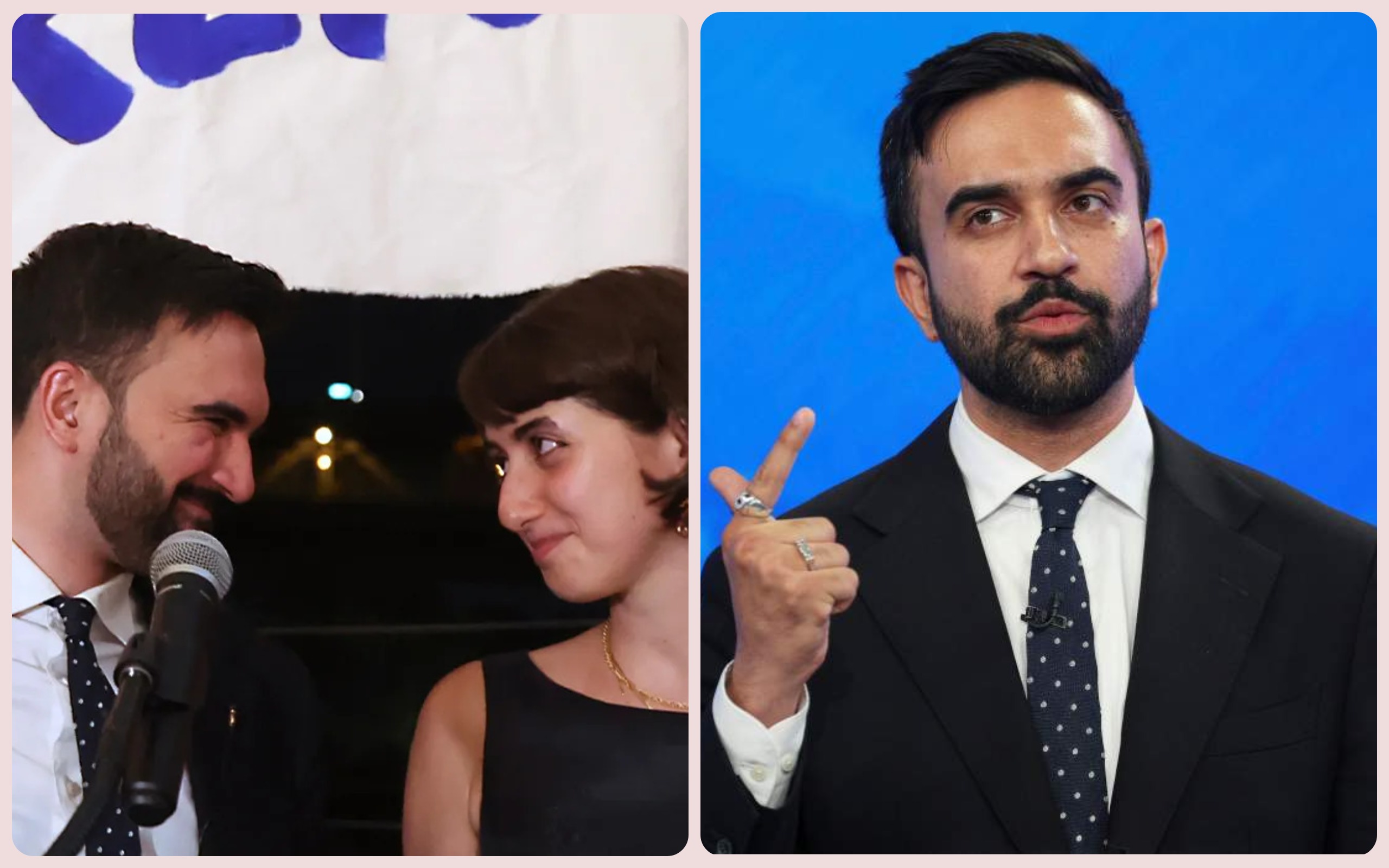Queens State Assemblyman Zohran Mamdani, a rising socialist star in New York politics, recently sparked controversy—not over policy, but party planning. While campaigning for mayor, Mamdani flew home to Uganda for a secret wedding in his family’s elite compound. The three-day celebration in Kampala’s Buziga Hill area marched starkly against his populist rhetoric, drawing ire both stateside and overseas. Here’s a deep dive into the vow-swapping escapade that’s shaking up New York’s next-city narrative.

Ugandan Roots, Upscale Compound
Born in Uganda to acclaimed filmmaker Mira Nair and political scholar Mahmood Mamdani, Zohran grew up amidst progressive ideals and artistic circles. Now, his return to Uganda involved much more than nostalgic sightseeing. He eloped this February to illustrator Rama Duwaji, 27, in a private ceremony held at the family’s compound in Buziga Hill—one of Kampala’s wealthiest districts.
The event was guarded by masked, armed security—nine guards at the entrance, cellphone-jamming devices, and late-night revelry with Upcountry flair. Guests danced past midnight. Light shows and cultural celebrations spotlighted the event’s extravagance.
Champagne Socialism or Trust‑Fund Drama?
Word of the lavish party prompted backlash from both critics of the Ugandan elite and members of Mamdani’s progressive constituency. Enter Andrew Cuomo, now running independently after losing the Democratic primary to Mamdani. Cuomo posted an X poll asking followers whether the $5 million wedding was “champagne socialism” or “trust‑fund socialism.” The intent was satirical, but the result was a powerful frame: how does the leader of a movement that rails against inequality host such privilege?

Cultural Insensitivity—or Political Mis-Step?
To complicate matters, the ceremony’s timing was sensitive. The exiles to Uganda coincided with the death of esteemed Ugandan Supreme Court judge George Kanyeihamba. Critics accused Mamdani of commandeering national mourning and overshadowing the late jurist’s legacy. Local voices claimed the party effectively blocked the president’s ability to lay respects, further inflaming tensions about class assertion by foreign political figures.
Rama Duwaji: The Quiet Illustrator at Center Stage
Though largely absent from the campaign trail, Rama Duwaji emerged in public view at Mamdani’s primary night victory. A pro‑Palestine illustrator whose work has appeared in The New Yorker, BBC, and the Tate Modern, she declared on Instagram that she was “proud” of her husband—and took her first steps into political legitimacy.
Rumors swirled about her birthplace—Duwaji lists Damascus on her profile, but campaign spokespeople affirm she was born in Texas. The ambiguity sparked debate: is it creative identity or narrative crafting? And what does this mean for a candidate positioning himself as no-nonsense, grounded, and transparent?
From Hinge to Headlines
Zohran and Rama met on Hinge, a touchpoint often undersold by Mamdani’s political message. While romance aligns with relatability, critics suggested it undermines “authentic grassroots leadership.” Local media speculated that the couple’s public absence during the primary was strategic—to avoid raising questions about privilege and security.
When Style Meets Substance—or Doesn’t
The juxtaposition between Mamdani’s platform—raising taxes on billionaires, funding public transit, free childcare—and his Ugandan wedding opulence struck both admiration and cynicism. Supporters praised his cultural roots and global identity. Detractors saw a disconnect: socialist candidate enjoying luxuries while discussing the plight of rent‑stabilized tenants in Queens.

Mamdani Responds: Politics Is Personal Too
Zohran took to Instagram to defend himself and his wife. He wrote about the emotional toll of campaign attacks that targeted Rama. “Politics is vicious,” he said, acknowledging online and right-wing mobs for trying to shift focus from city policy to personal identity.
He emphasized that being a family man didn’t disqualify him from pushing progressive reform—and pledged not to retreat under pressure. He called the personal attacks a distraction from issues that matter to New Yorkers.
What’s at Stake: Idealism vs. Privilege
Mamdani’s trajectory highlights a growing tension in modern progressive politics. Can a candidate from privilege with global connections authentically fight for the working class? Critics cite policy proposals like rent freezes, free public services, and police funding amendments as commendable—but they question whether a compound wedding aligns with that vision.
For his opponents, both inside and out of the party, Mamdani embodies a new generation of “socialist elite”—people with progressive rhetoric and inherited status. For supporters, he represents global perspective grounded in grassroots justice.
Beyond the Wedding Cake: Policy, Identity, and the Narrative Control
Mamdani has proposed bold ideas: free childcare, eco‑packaging mandates for small businesses, and city-owned groceries. But as scrutiny over personal lifestyle intensifies, voters wonder whether policy genius can survive narrative dissonance. Duwaji’s political illustration further cements ideological alignment—but some critics call it a curated performance for liberal collectives.
Final Take: Tycoon Roots Meet Town Hall Rhetoric
Zohran Mamdani’s Ugandan wedding didn’t break policy—it rattled perception. At the center: a political figure who speaks for the disenfranchised, married to an artist who criticizes inequality, hosting a celebration in one of the continent’s wealthiest enclaves. The optics challenge unapologetically: how do you reconcile personal history with public mission?
For New Yorkers, the question isn’t just about rings and votes—it’s about choosing between vision or verisimilitude, community or branding, and whether the next mayor can look beyond privilege while standing tall in it.
📚 Source List
-
Reports on Mamdani’s wedding in Buziga Hill and security details
-
Coverage of Uganda mourning period and Kanyeihamba’s funeral impact
-
Andrew Cuomo X poll and commentary on “champagne socialism”
-
Data on Mamdani’s policy platform and campaign narratives
-
Biographical profiles of Rama Duwaji and her artistic career


